Are you interested in learning about different cultures and their histories? Here are the ethnology museums to visit in Oklahoma:
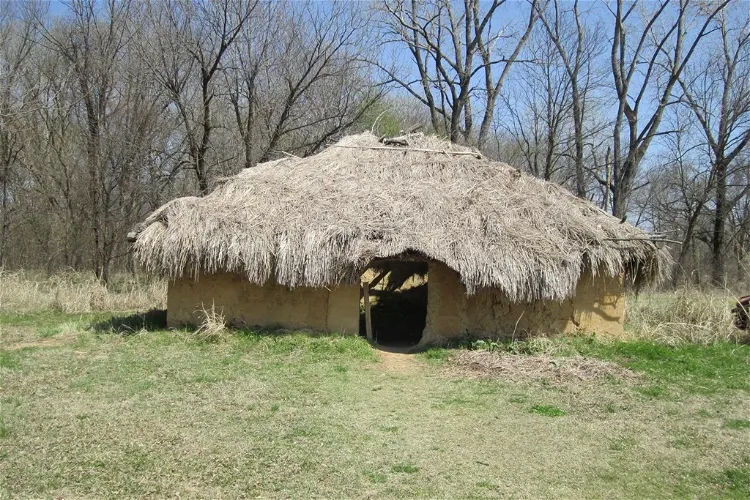
Spiro Mounds Archaeological Center
Spiro, OKSpiro Mounds is recognized as one of the most significant pre-Columbian archaeological sites in the United States. It is situated in Oklahoma and is open to the public. This site provides a unique opportunity for visitors to explore and learn about the ancient Mississippi civilization, which developed between the 9th and 17th centuries.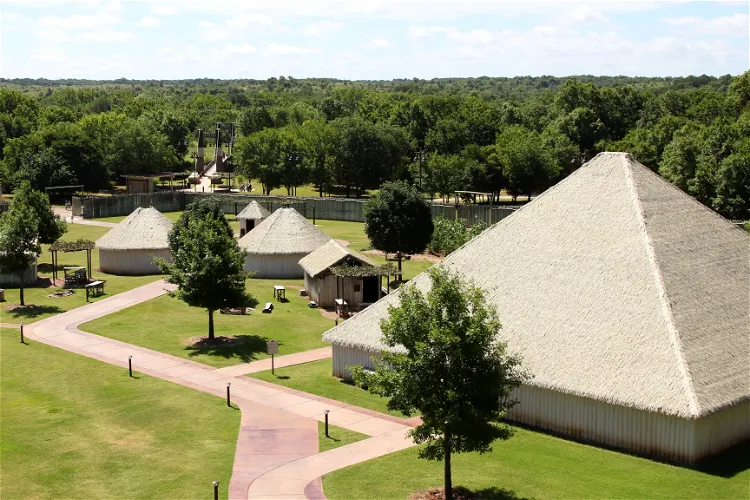
Chickasaw Cultural Center
Sulphur, OKThe Chickasaw Cultural Center is situated in Sulphur, Oklahoma, in close proximity to the Chickasaw National Recreation Area. This location offers visitors the opportunity to explore both the cultural center and the recreation area, making it a comprehensive cultural and natural experience.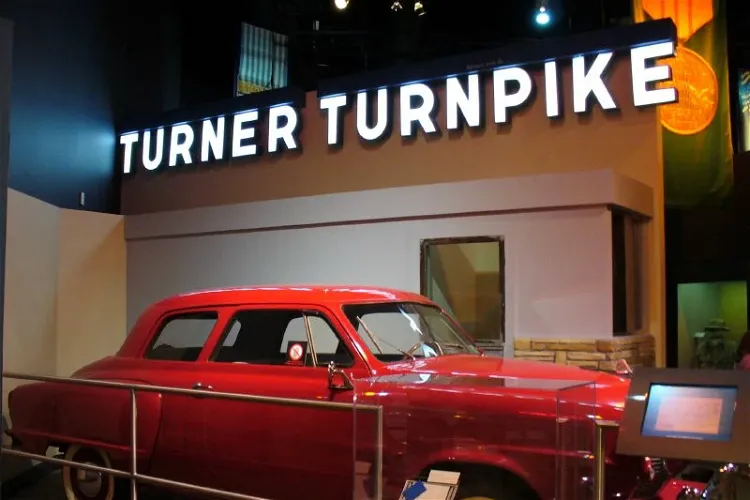
Oklahoma History Center
Oklahoma City, OKThe Oklahoma History Center (OHC) is the state's history museum, situated on an 18-acre plot in Oklahoma City. It is conveniently located across the street from the Governor's mansion at 800 Nazih Zuhdi Drive. The museum, which opened in 2005, is operated by the Oklahoma Historical Society and focuses on the history of Oklahoma.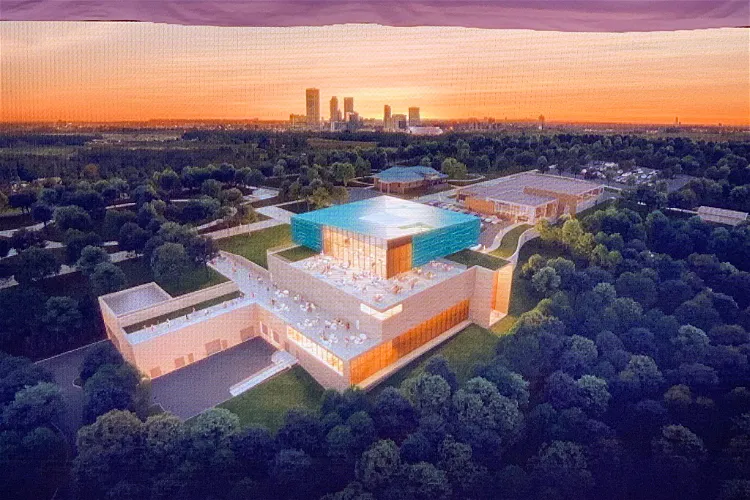
Gilcrease Museum
Tulsa, OKThe Gilcrease Museum, also known as the Thomas Gilcrease Institute of American History and Art, is a significant cultural institution located northwest of downtown Tulsa, Oklahoma. The museum is renowned for housing the world's largest and most comprehensive collection of art from the American West. In addition to this, it also boasts a growing collection of art and artifacts from Central and South America, making it a diverse and rich source of cultural and historical artifacts.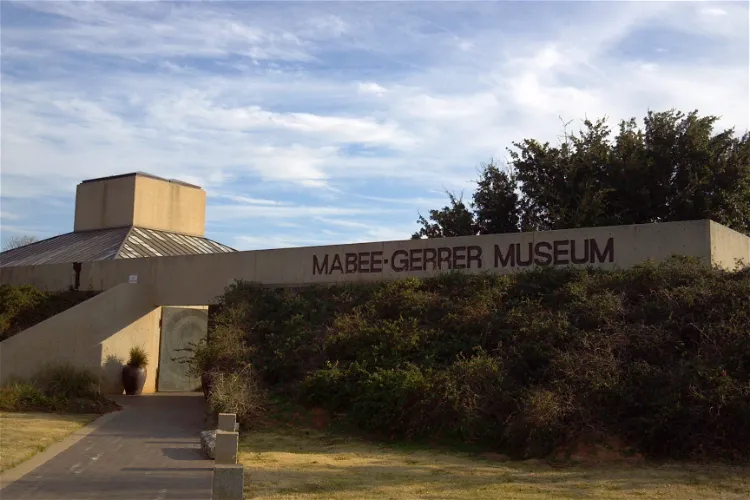
Mabee-Gerrer Museum of Art
Shawnee, OKThe Mabee-Gerrer Museum of Art boasts a collection of over 3,500 artworks that span over 6,000 years of art history. The collection represents a wide range of cultures from around the world, including ancient Egyptian, Chinese, pre-Columbian, African, Native American, European, and American art. This diverse collection provides a comprehensive overview of global art history, making it a fascinating destination for art enthusiasts.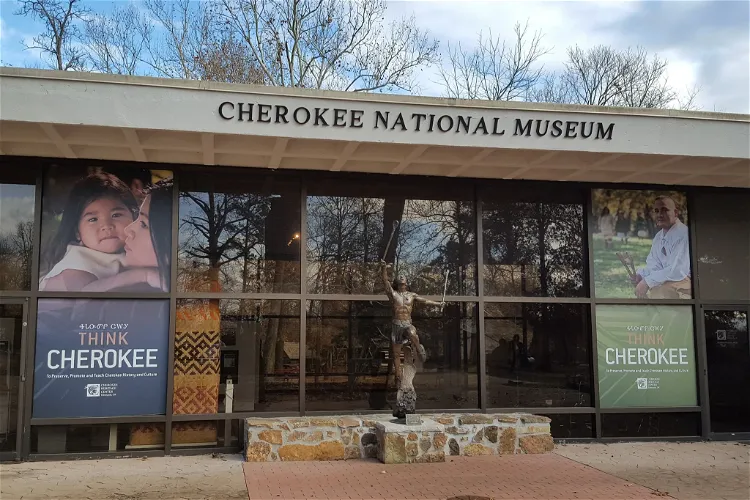
Cherokee Heritage Center
Park Hill, OKThe Cherokee Heritage Center is a non-profit organization that serves as a historical society and museum campus. Its primary mission is to preserve and promote the historical and cultural artifacts, language, and traditional crafts of the Cherokee people. This includes a wide range of items and practices, from ancient relics to modern expressions of Cherokee culture.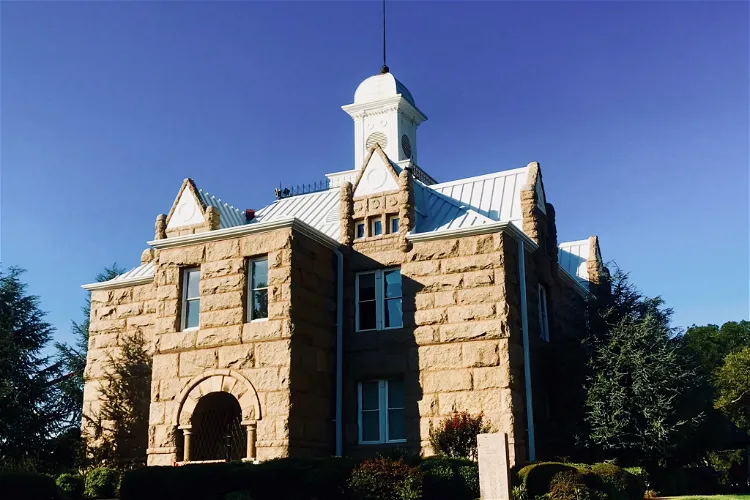
Chickasaw Nation Historic Capitol Building
Tishomingo, OKThe Chickasaw Nation Capitols, located in Tishomingo, Oklahoma, are a significant part of the region's history. The property includes the Chickasaw Council House Museum and the Chickasaw Nation Capitol building, both of which hold a special place in the National Register of Historic Places since November 5, 1971. These sites offer a unique insight into the history and culture of the Chickasaw Tribe.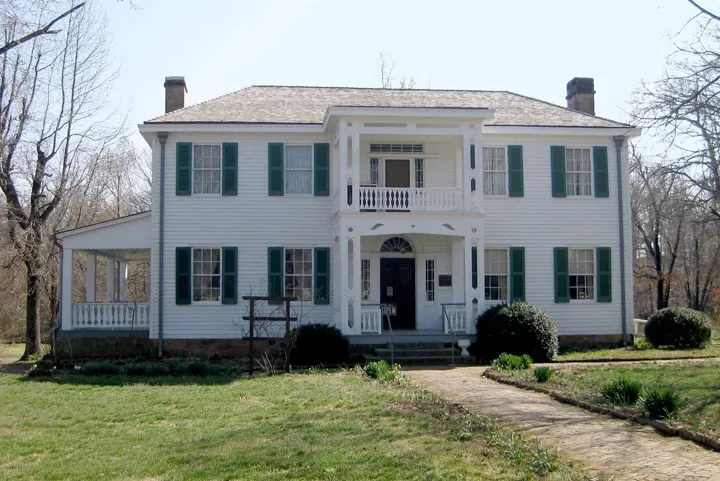
Hunter's Home
Park Hill, OKThe Hunter's Home, which was previously known as the George M. Murrell Home, is a historic house museum situated in Park Hill, near Tahlequah, Oklahoma in the Cherokee Nation. This location is steeped in history and offers a unique insight into the past.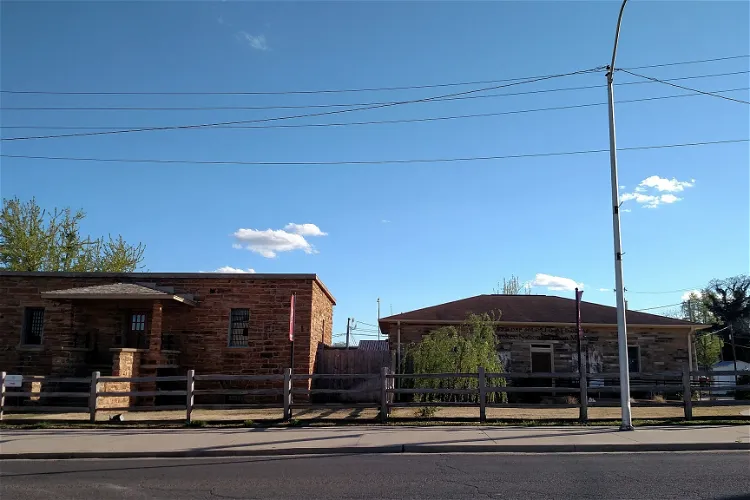
Cherokee National Prison Museum
Tahlequah, OKThe Cherokee National Jail, now known as the Cherokee National Prison Museum, is a significant historical site in Tahlequah, Oklahoma. Constructed in 1874, it was part of a governmental complex for the Cherokee Nation. This sandstone structure, which originally served as a jail, offers a glimpse into the history and culture of the Cherokee Nation.
The Sherwin Miller Museum of Jewish Art
Tulsa, OKThe Sherwin Miller Museum of Jewish Art, located in Tulsa, Oklahoma, has a rich history dating back to its founding in 1966. The museum moved to its current location at 2021 E 71st St in Tulsa, OK 74136 on the Zarrow Campus of the Jewish Federation of Tulsa in November 2004. This location is where visitors can explore the museum's vast collection of Jewish art.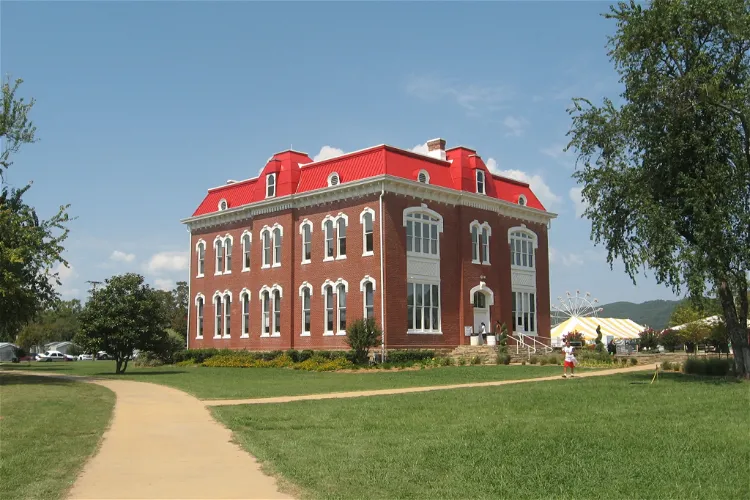
Choctaw Nation of Oklahoma Capitol Museum
Tuskahoma, OKThe Choctaw Capitol Building, constructed in 1884, served as the government seat for the Choctaw Nation of Oklahoma until 1907. This historic building is a testament to the rich history and culture of the Choctaw Nation, offering visitors a glimpse into the past. The building's architecture and historical significance make it a notable point of interest for tourists.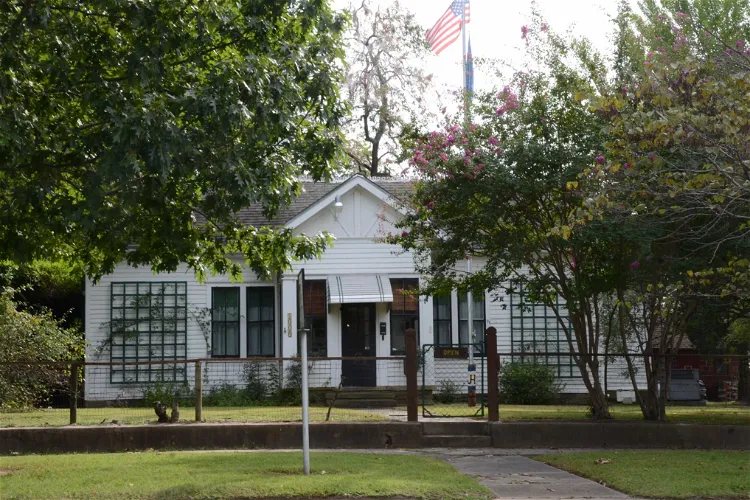
Thomas-Foreman Historic Home
Muskogee, OKThe Thomas-Foreman Historic Home, also known as the Grant Foreman House, is a significant historical site in Muskogee, Oklahoma. It was built by Judge John R. Thomas on a tract of prairie land. The house is named after Thomas' son-in-law, Grant Foreman, who along with his wife, Carolyn Thomas Foreman, became notable historians. The house stands as a testament to the history of the area and the people who shaped it.
Greenwood Cultural Center
Tulsa, OKGreenwood is a neighborhood located in the city of Tulsa, Oklahoma. Known as the 'Black Wall Street', it was home to a thriving African-American community in the early 20th century. Its growth was halted by the racial riots of 1921, which resulted in between 50 and 500 deaths, thousands of injuries, and significant destruction.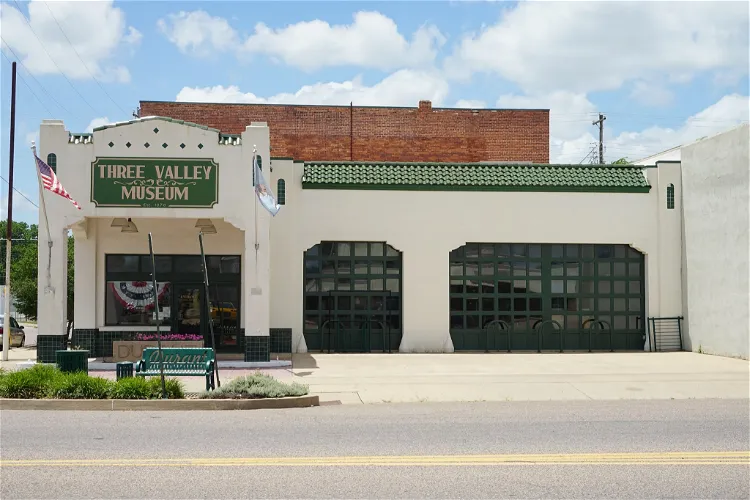
Three Valley Museum
Durant, OKThe Three Valley Museum houses a vast collection of artifacts that tell the story of Bryan County's history. These artifacts provide a tangible connection to the past, allowing visitors to gain a deeper understanding of the region's history and culture.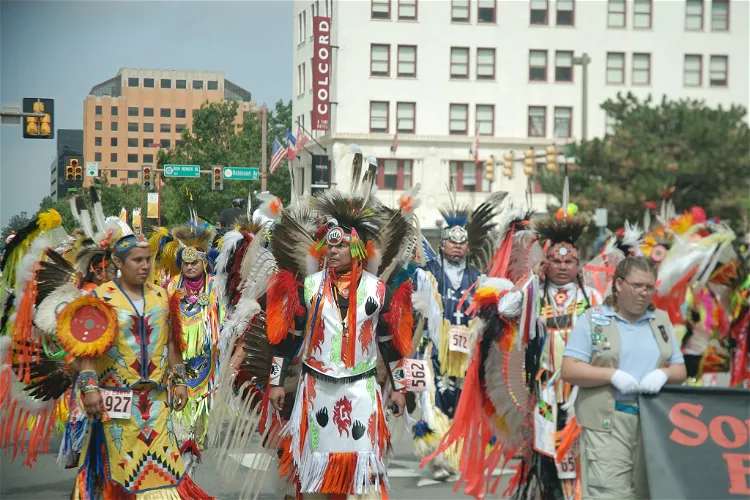
Red Earth
Oklahoma City, OKThe Red Earth Festival is a significant cultural event that takes place every June in Oklahoma City, Oklahoma. This Native American festival is a vibrant celebration of indigenous culture, offering a unique opportunity for visitors to immerse themselves in the rich traditions and heritage of Native American communities. The festival is hosted by Red Earth, Inc., a nonprofit organization dedicated to promoting Native American art and culture.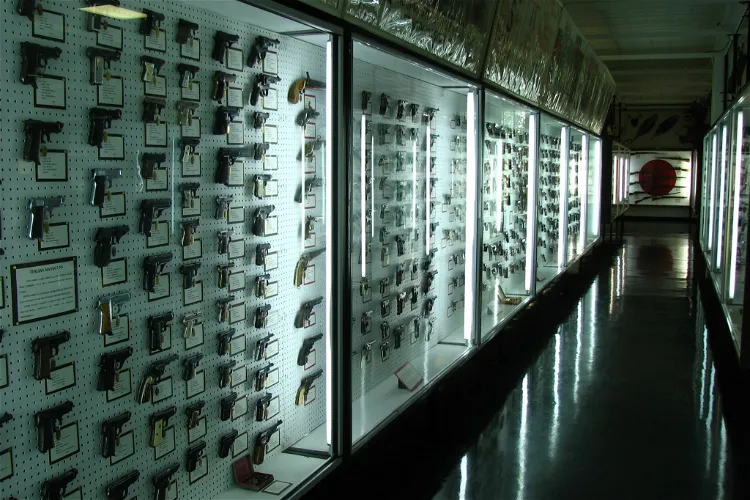
J.M. Davis Arms and Historical Museum
Claremore, OKThe J.M. Davis Arms and Historical Museum, situated in Claremore, Oklahoma, is home to an impressive collection of over 20,000 firearms and firearm-related items. These items originate from various parts of the globe, providing a comprehensive overview of the history and evolution of firearms.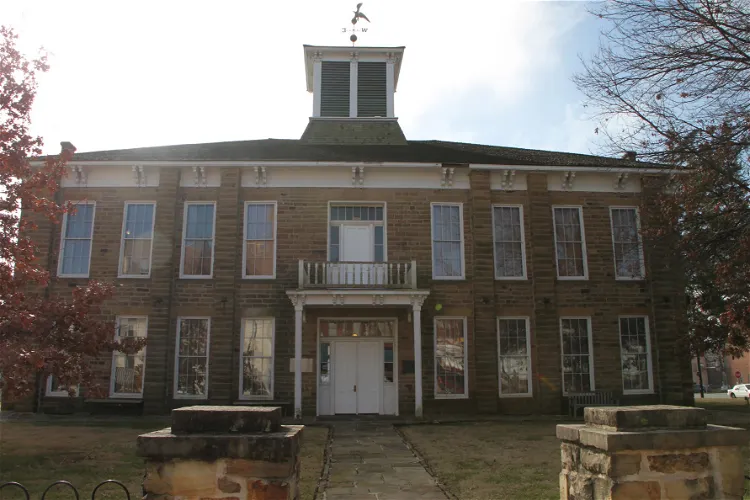
Creek Nation Council House
Okmulgee, OKThe Creek National Capitol, also known as the Creek Council House, is a significant historical site located in downtown Okmulgee, Oklahoma. This building served as the capitol of the Muscogee (Creek) Nation from 1878 until 1907, playing a crucial role in the tribe's governance and history.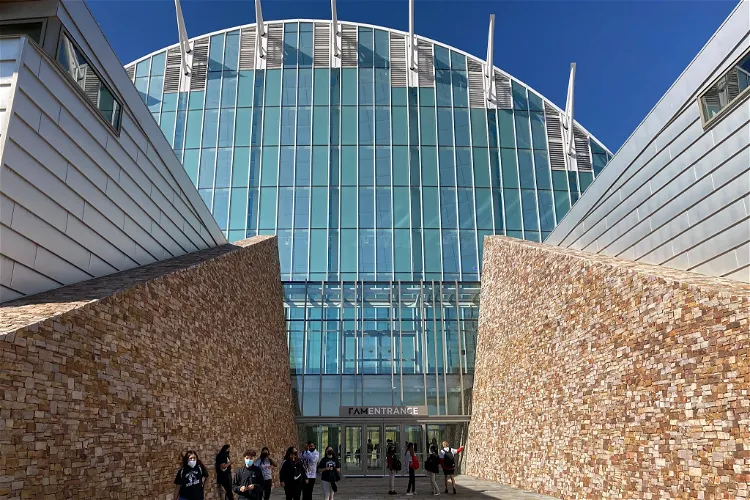
First Americans Museum
Oklahoma City, OKThe First Americans Museum, also known as FAM, is located in Oklahoma City, Oklahoma, in the United States. The museum, which was previously known as the American Indian Cultural Center and Museum, officially opened its doors to the public on September 18, 2021.- 19
Five Civilized Tribes Museum
Muskogee, OKThe Five Civilized Tribes Museum, located in Muskogee, Oklahoma, is a cultural hub that displays the art, history, and culture of the Cherokee, Chickasaw, Choctaw, Muscogee (Creek), and Seminole tribes. The museum offers a unique opportunity to explore the rich heritage of these tribes through various exhibits and collections. - 20
National Hall of Fame for Famous American Indians
Anadarko, OKThe National Hall of Fame for Famous American Indians, located in Anadarko, Oklahoma, holds the distinction of being the first Hall of Fame for Native Americans established in the United States. Founded in 1952, this institution serves as a testament to the rich history and contributions of Native Americans. - 21
Chickasaw White House
Milburn, OKThe Chickasaw White House, located in Milburn, Oklahoma, is a historic site that dates back to 1895. The house was designed by Dallas architect W.A. Waltham, who chose the Queen Anne style for its construction. This architectural style is characterized by its asymmetrical facades, steeply pitched roofs, and ornate detailing, making the house a unique piece of history.